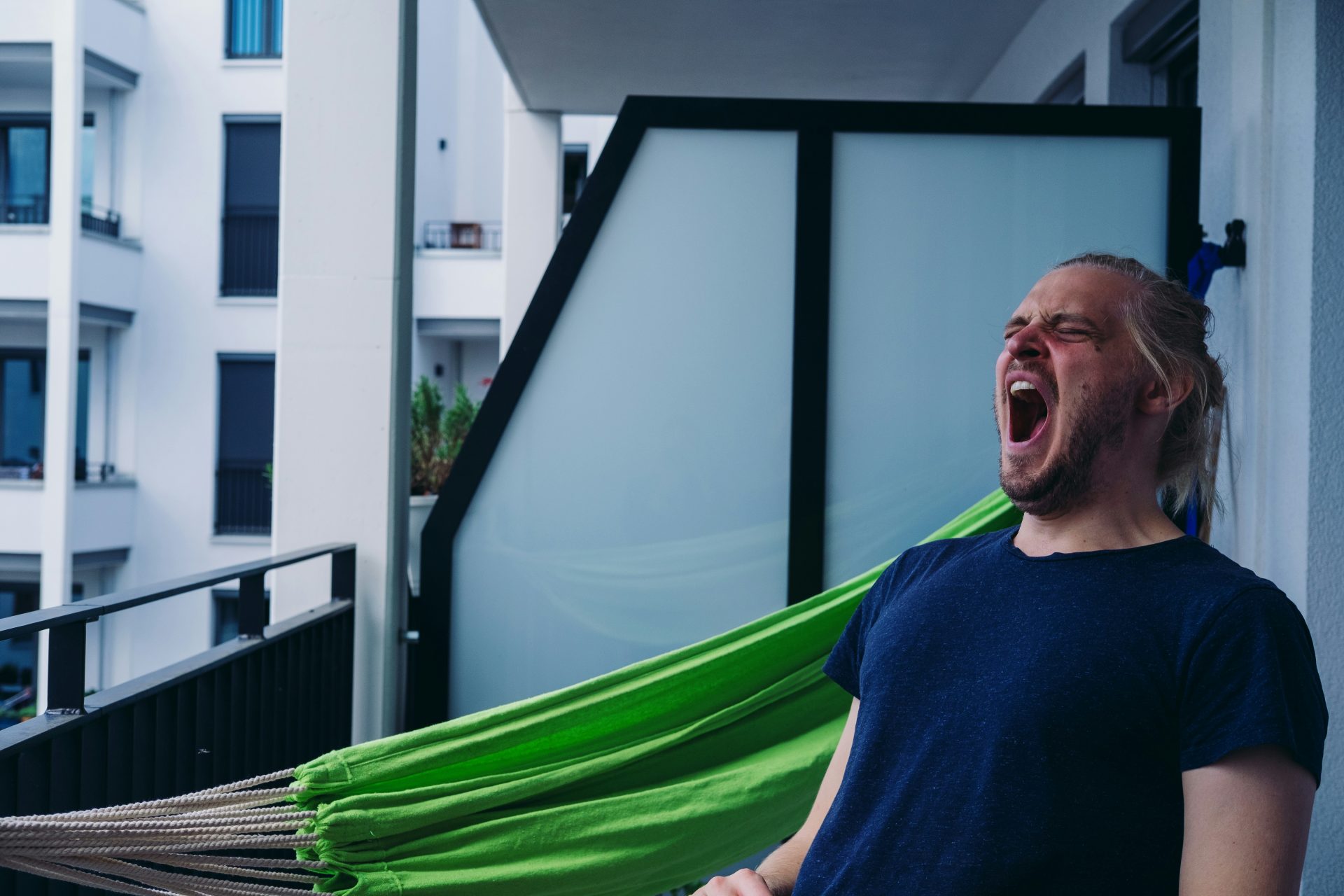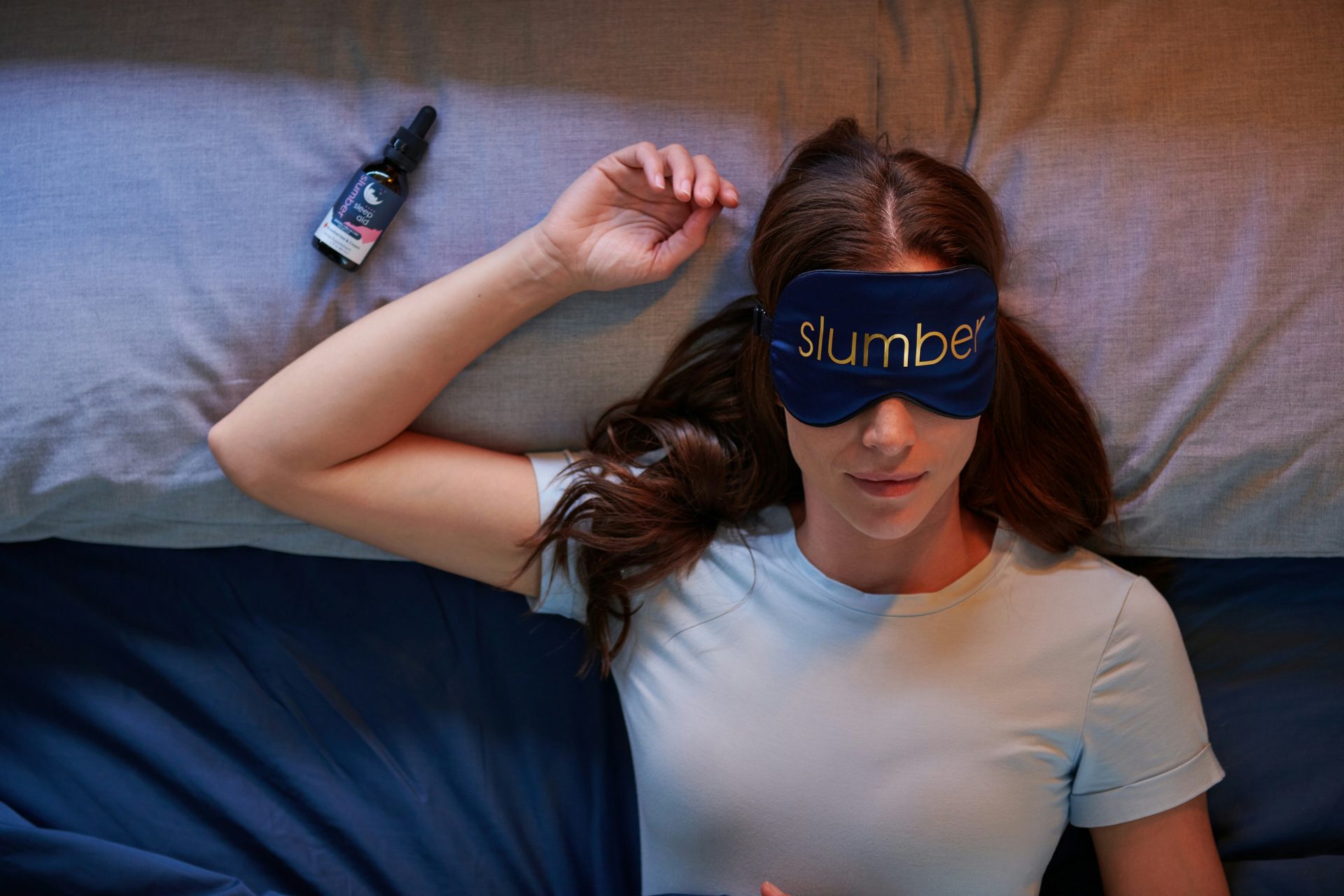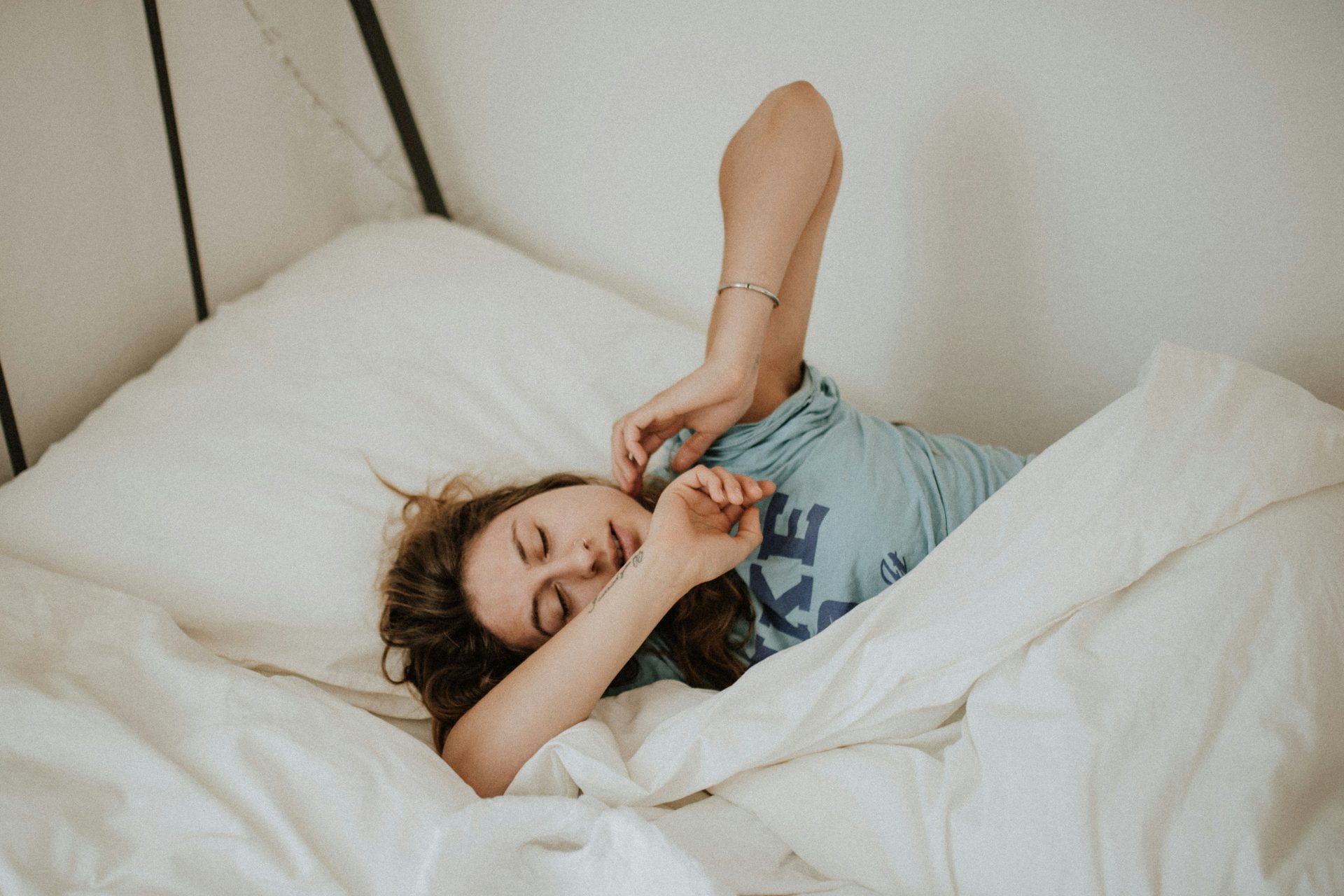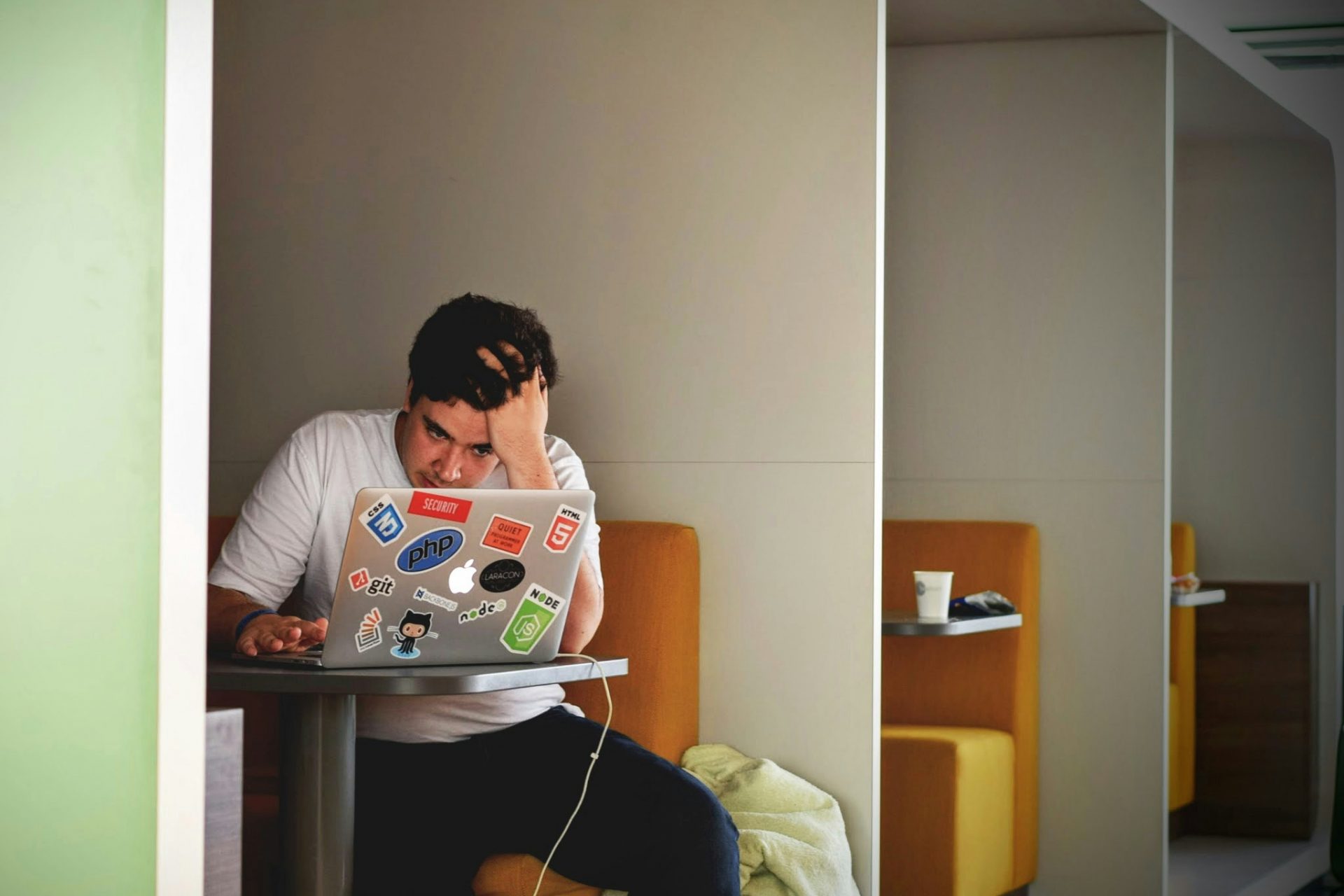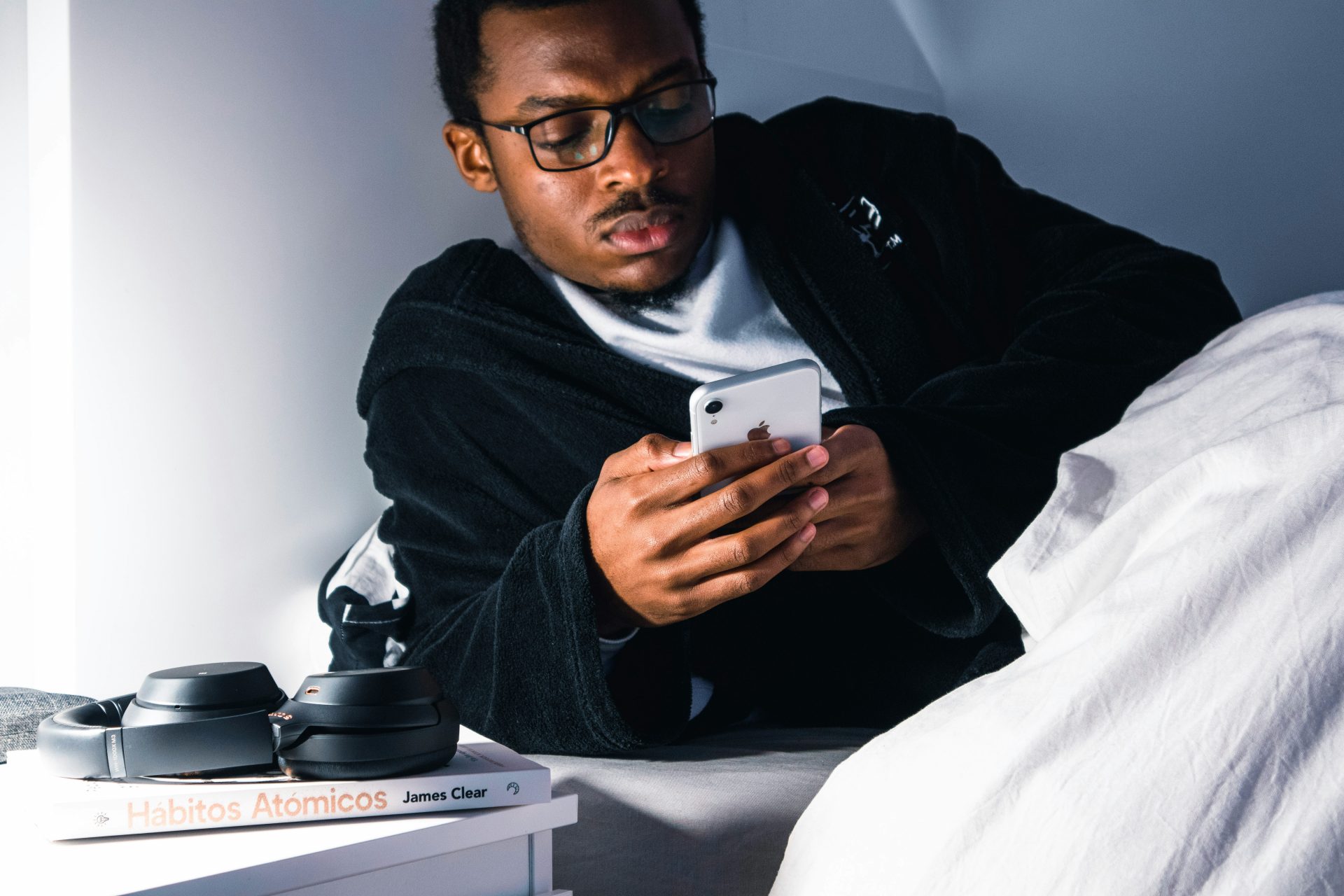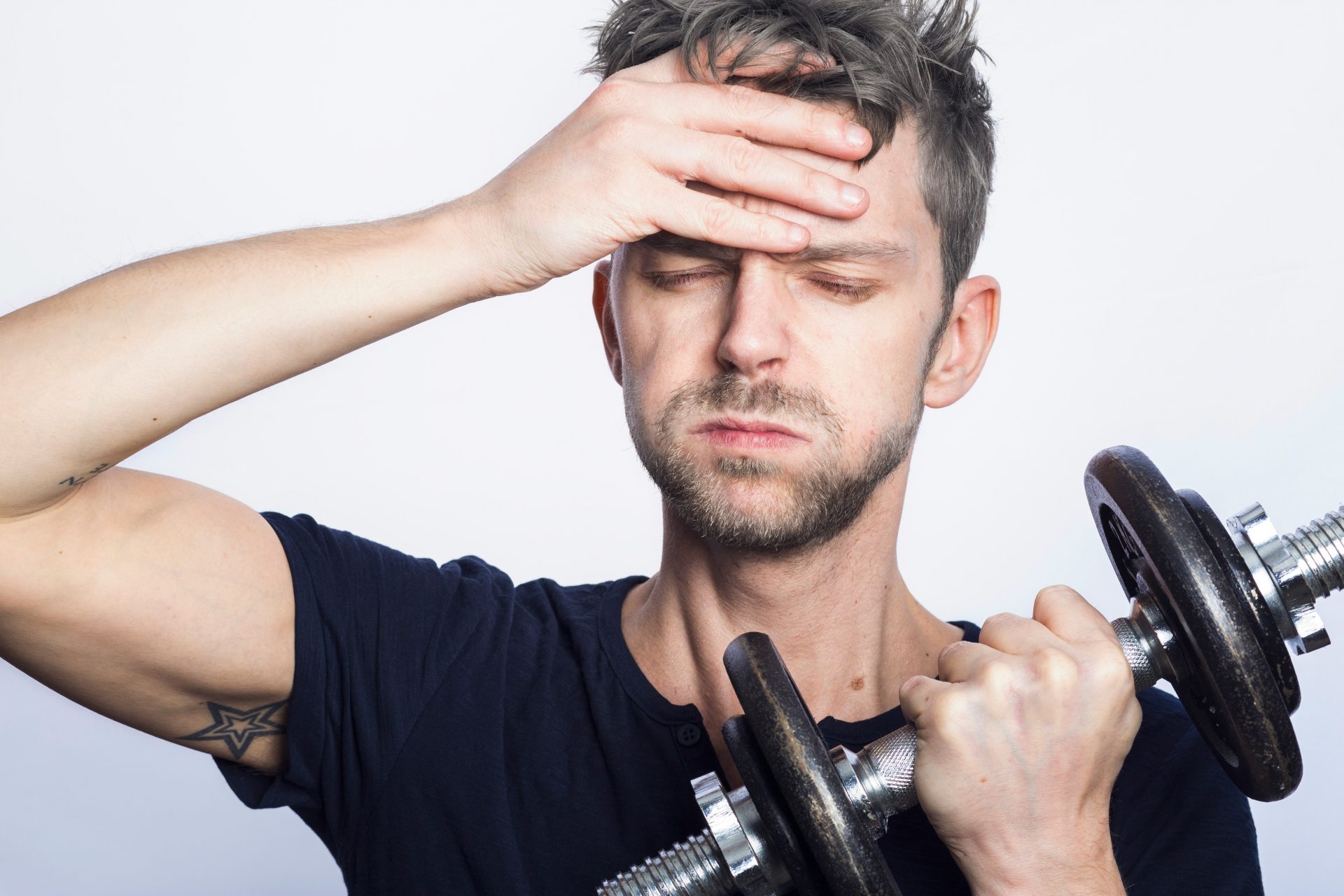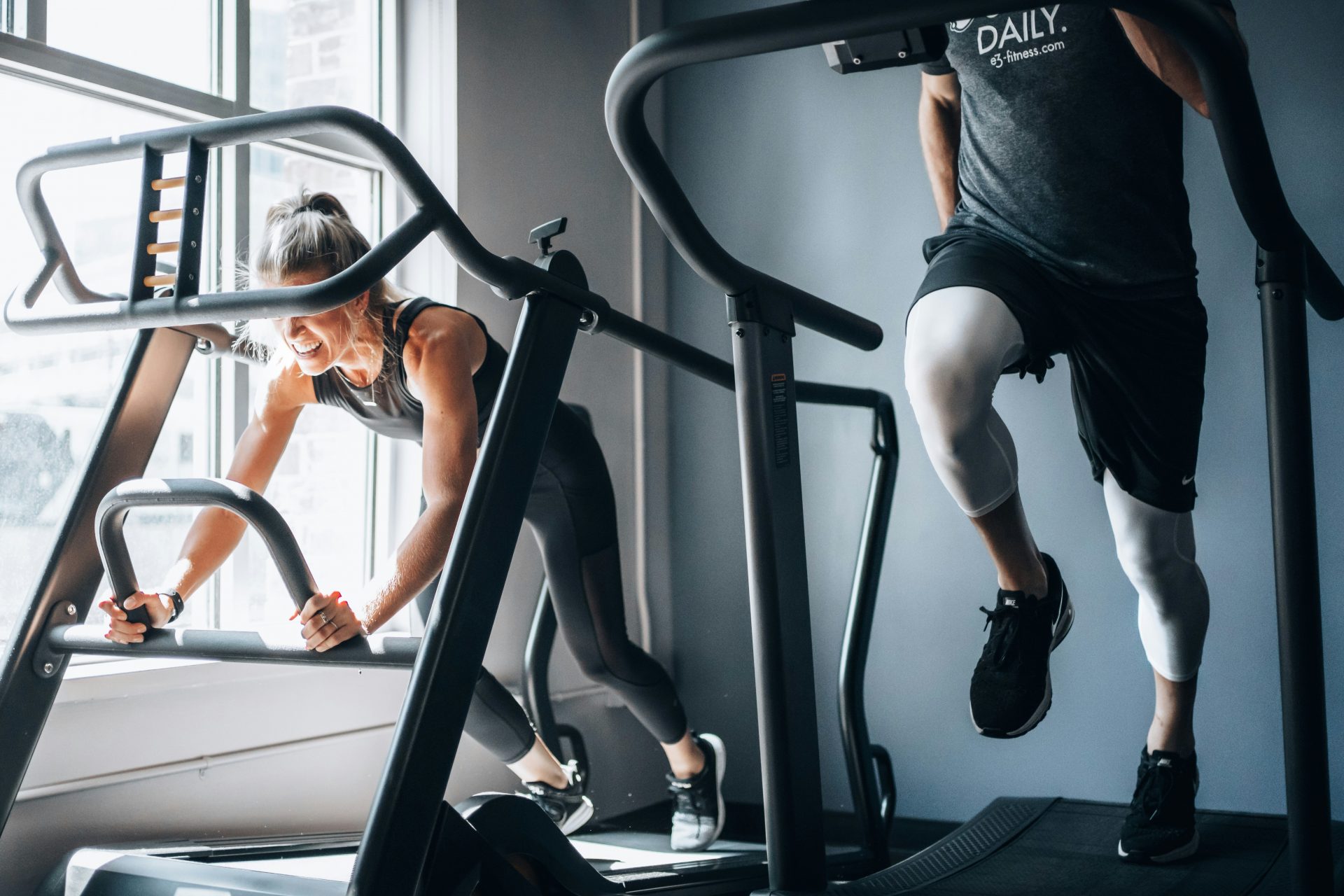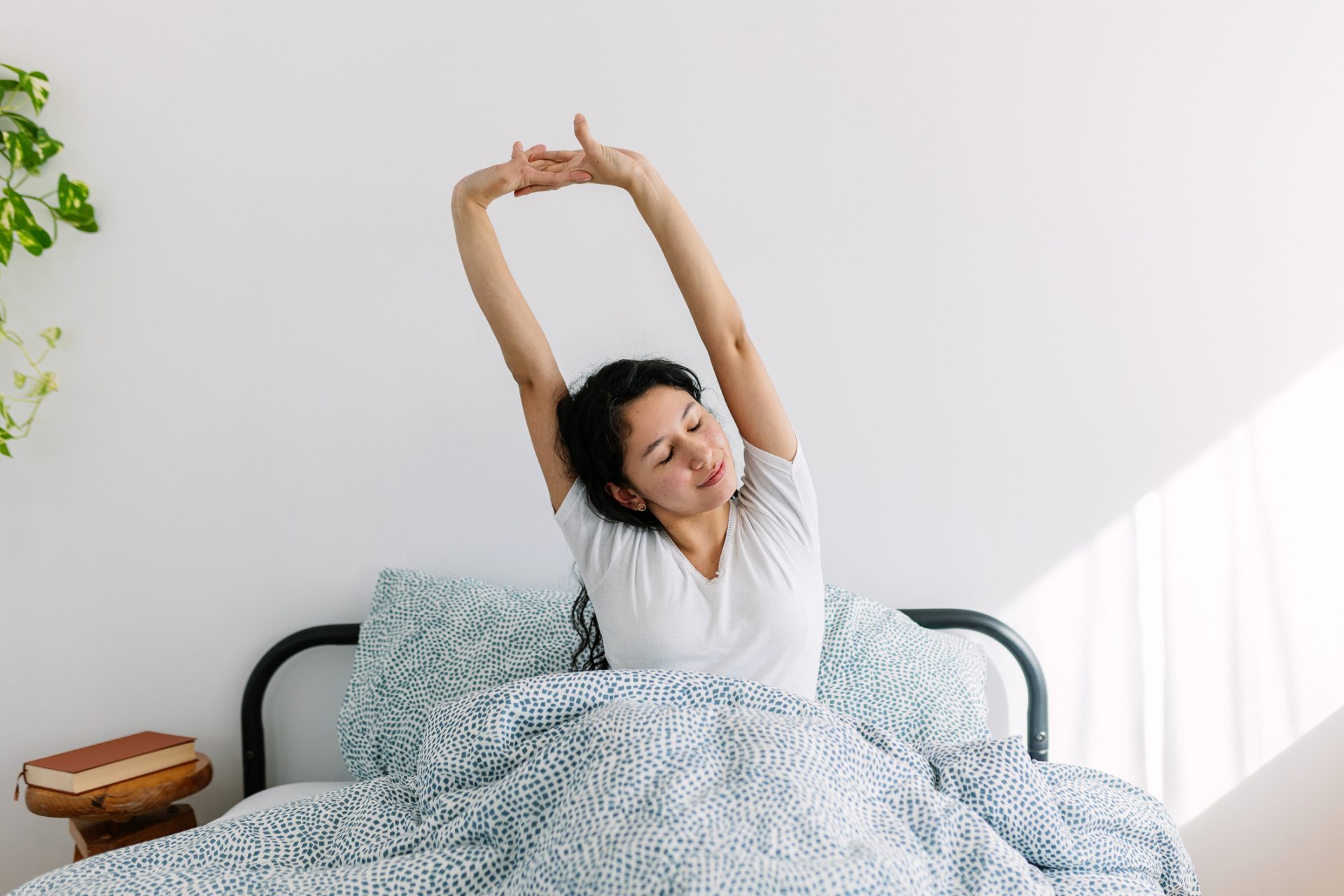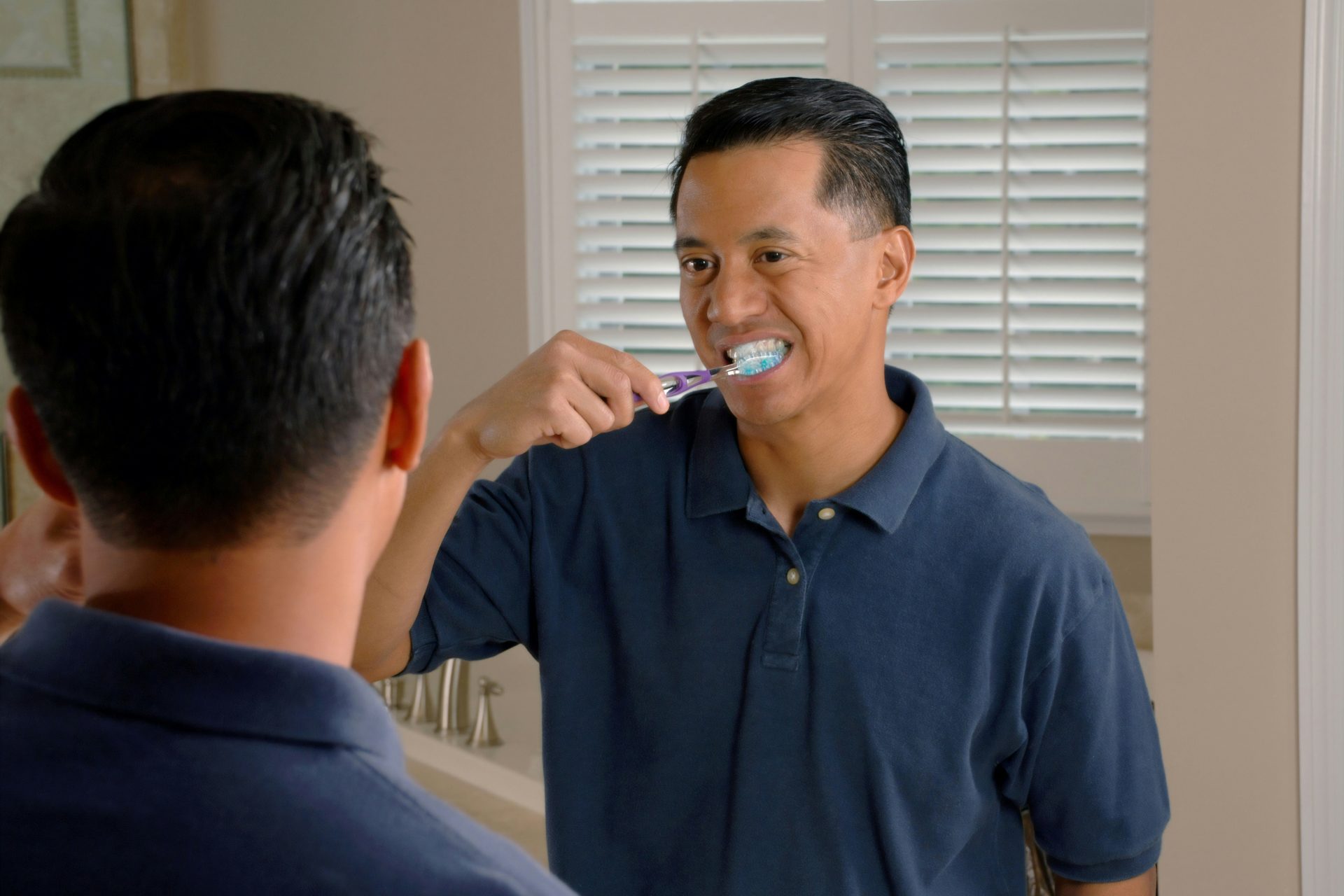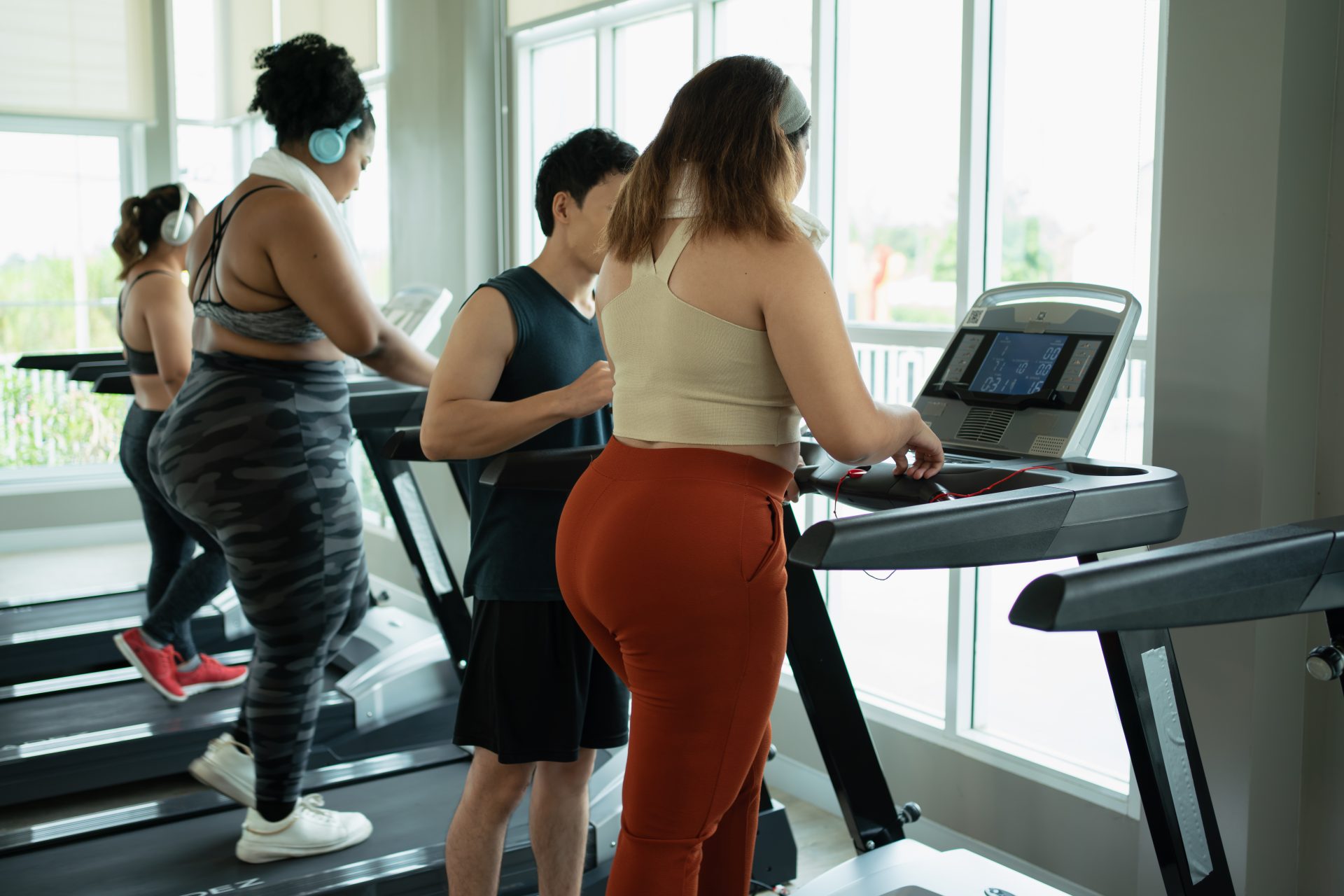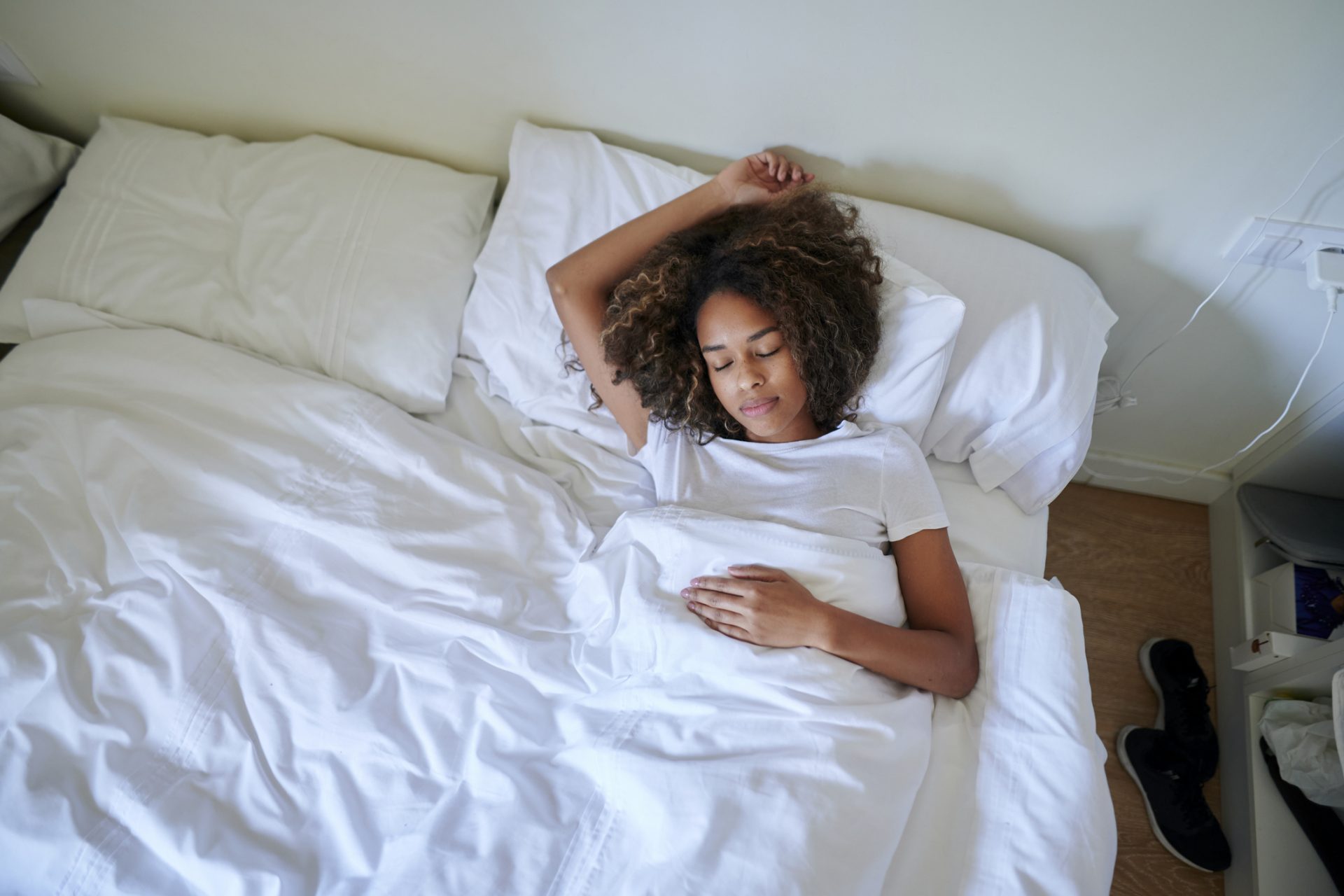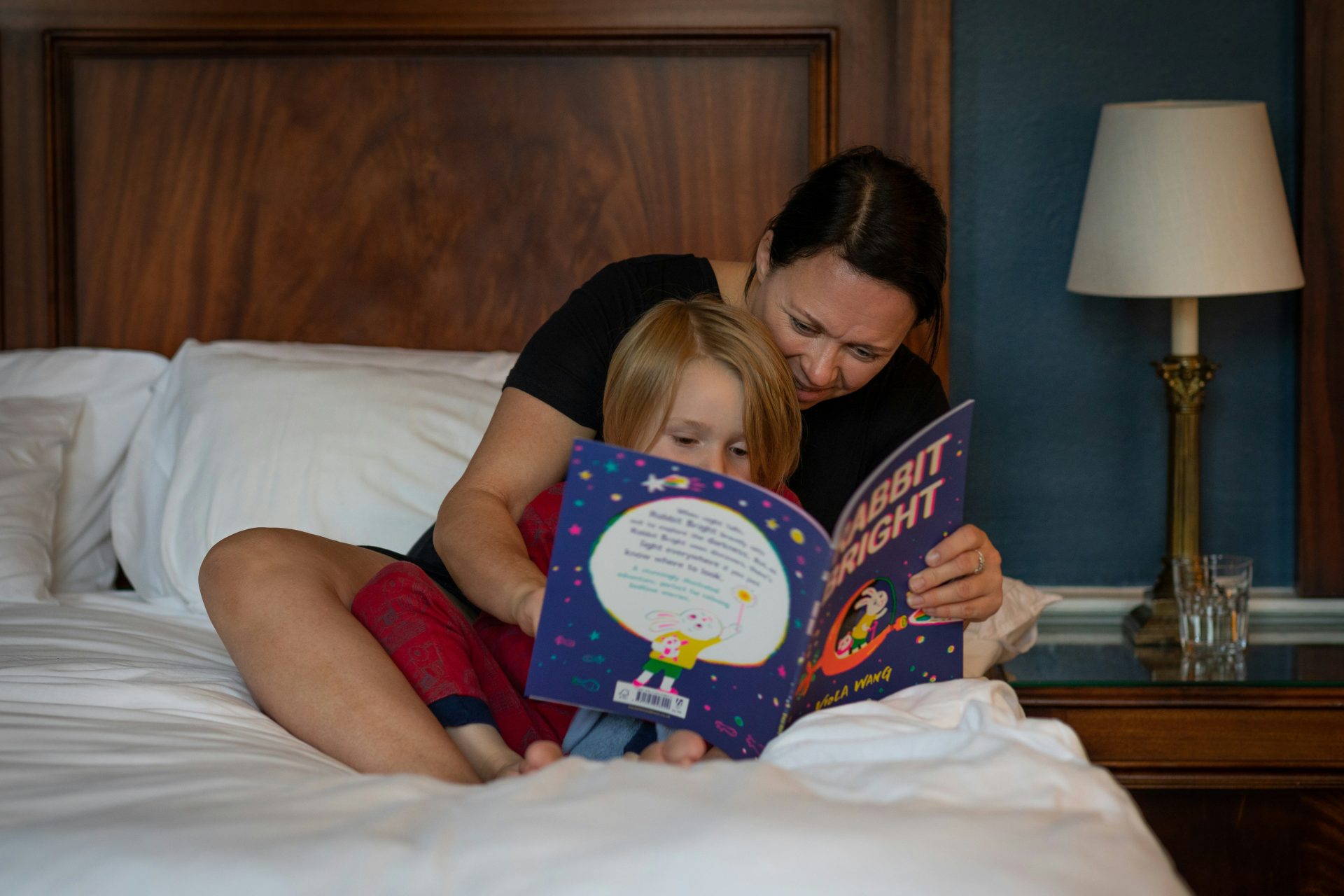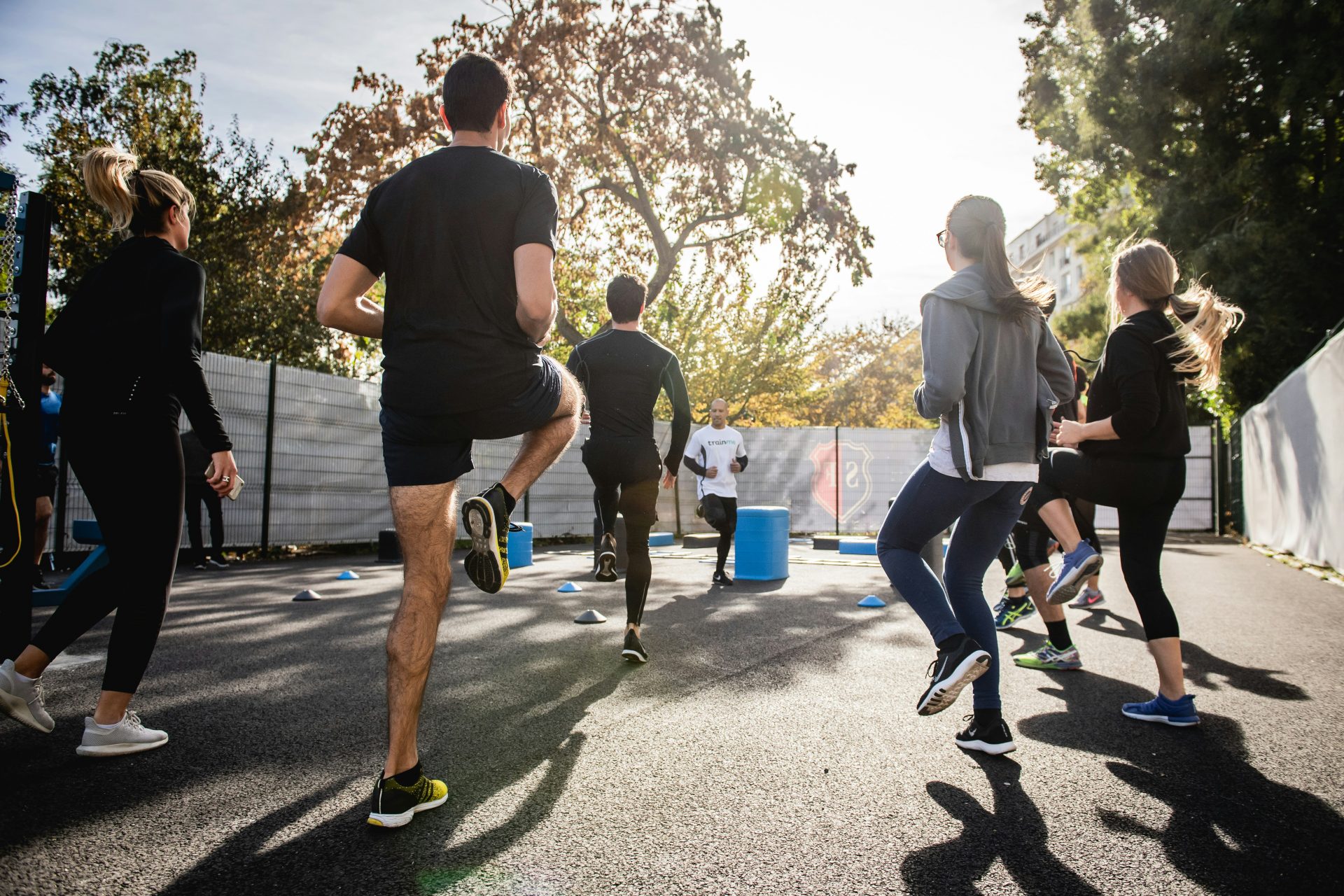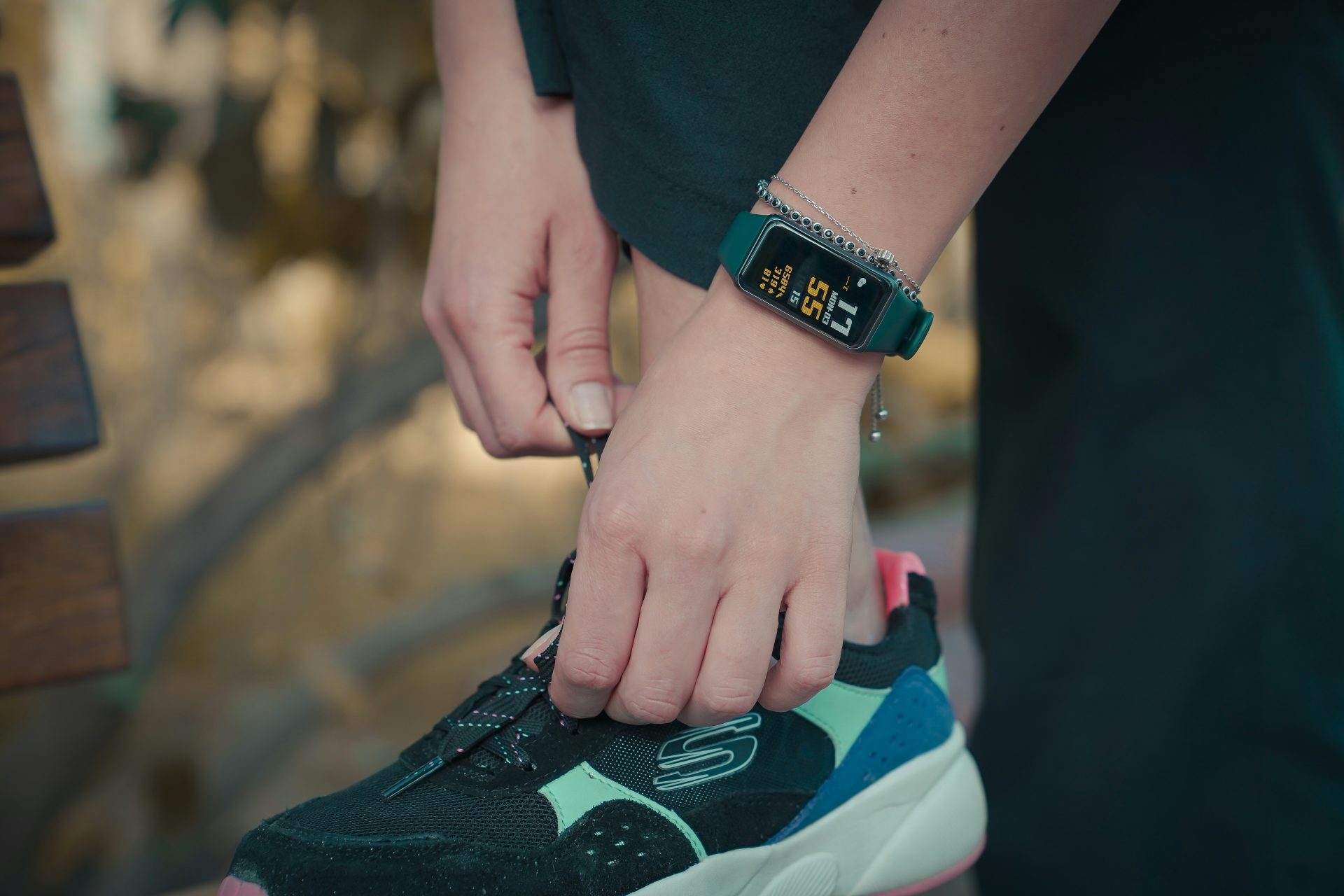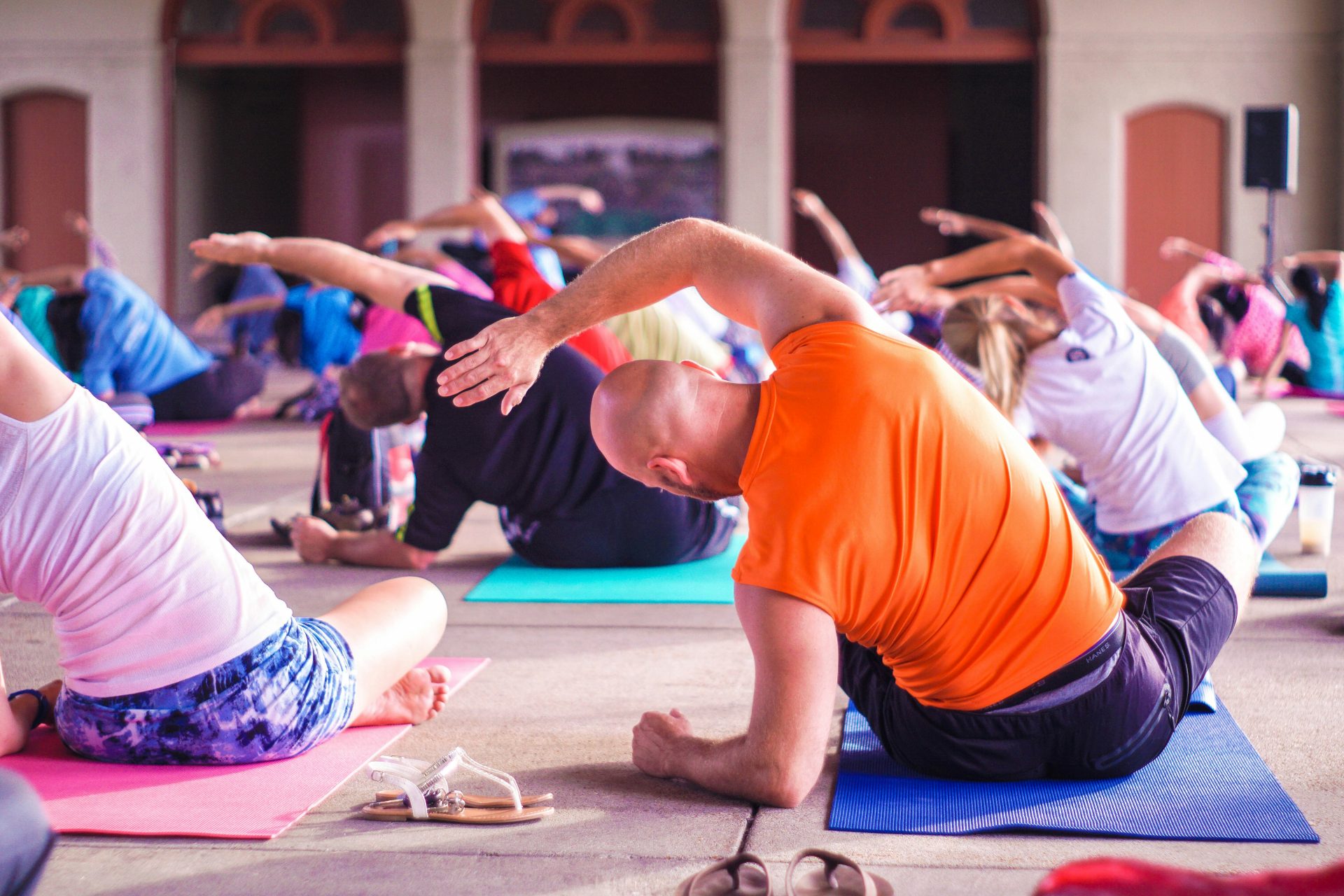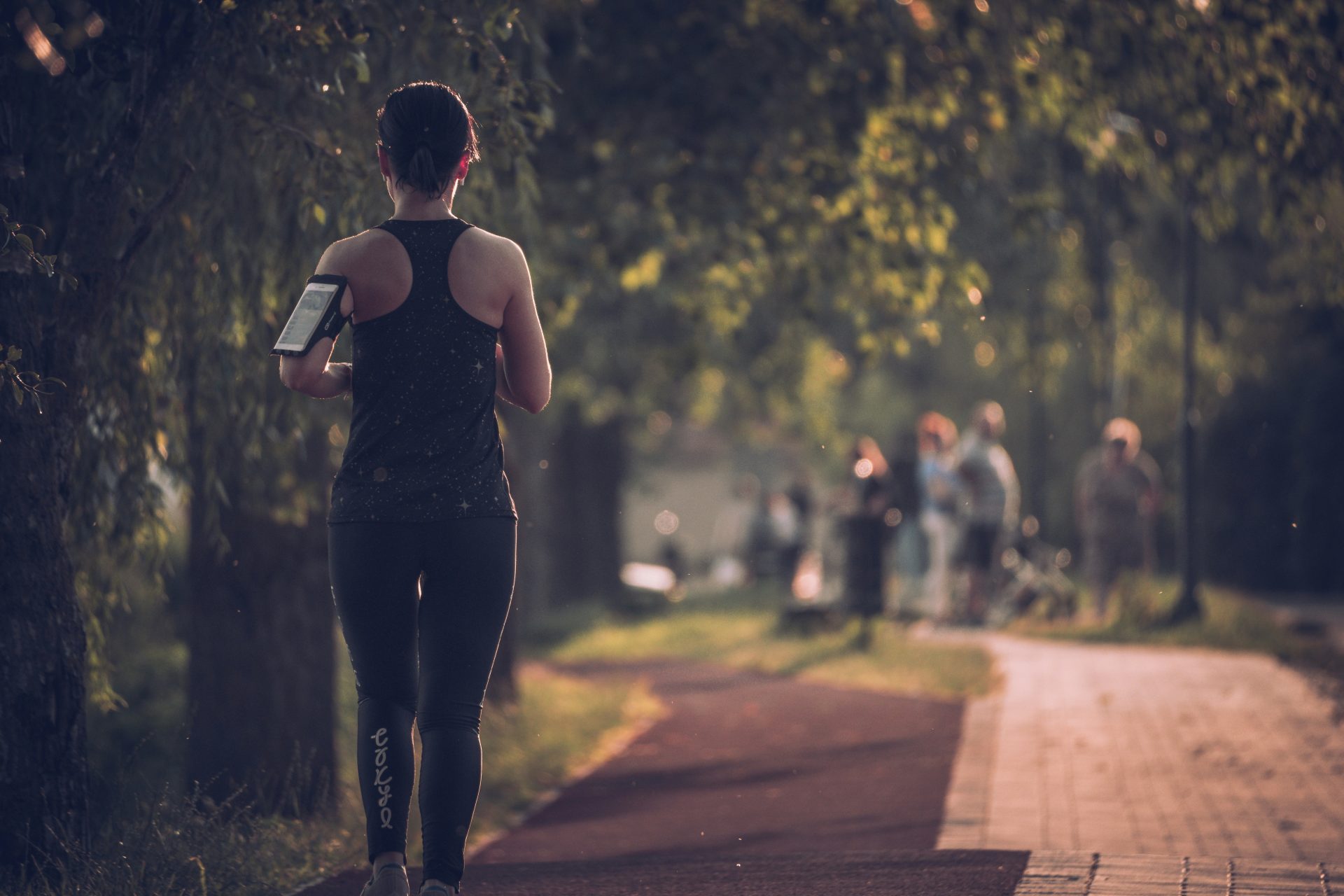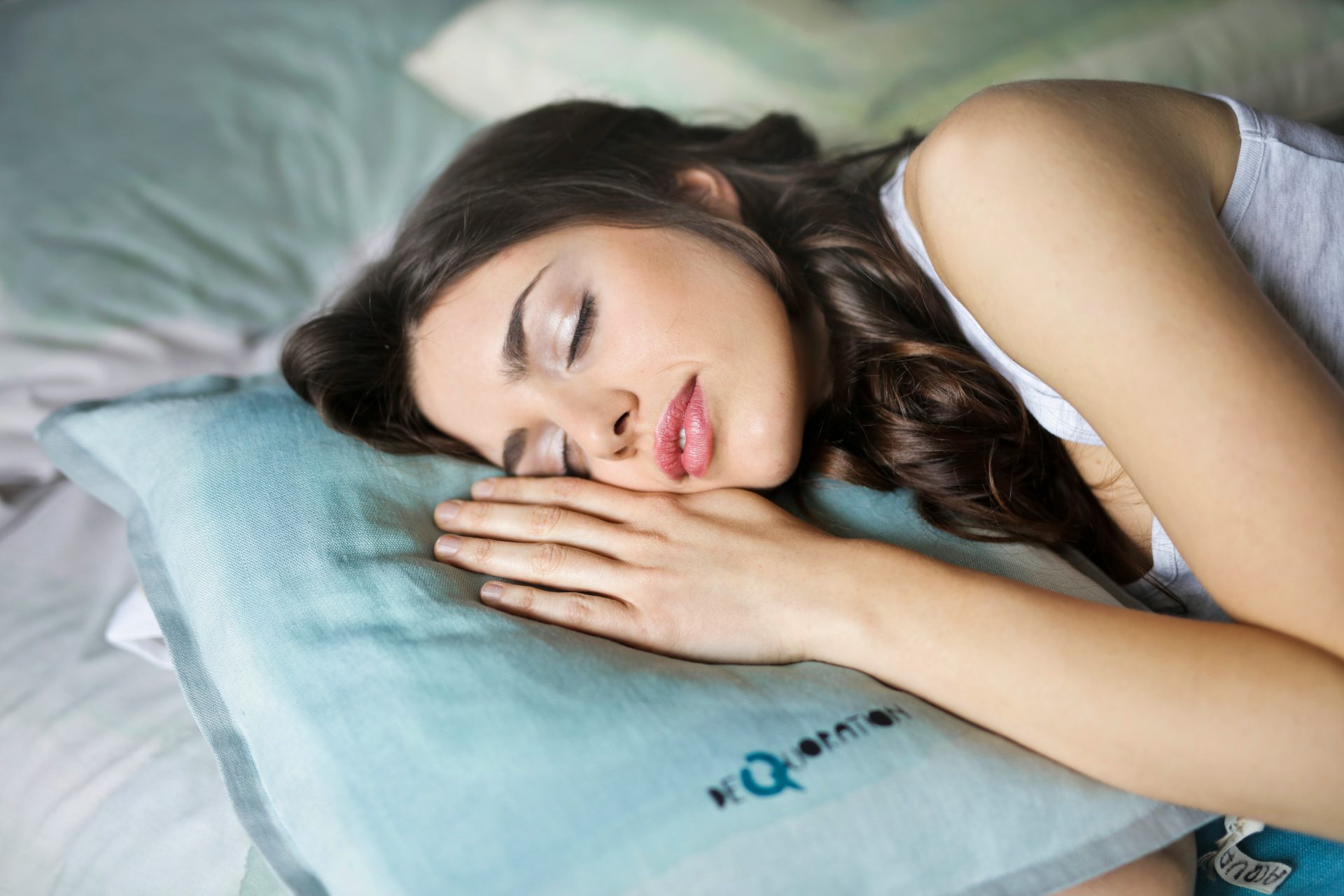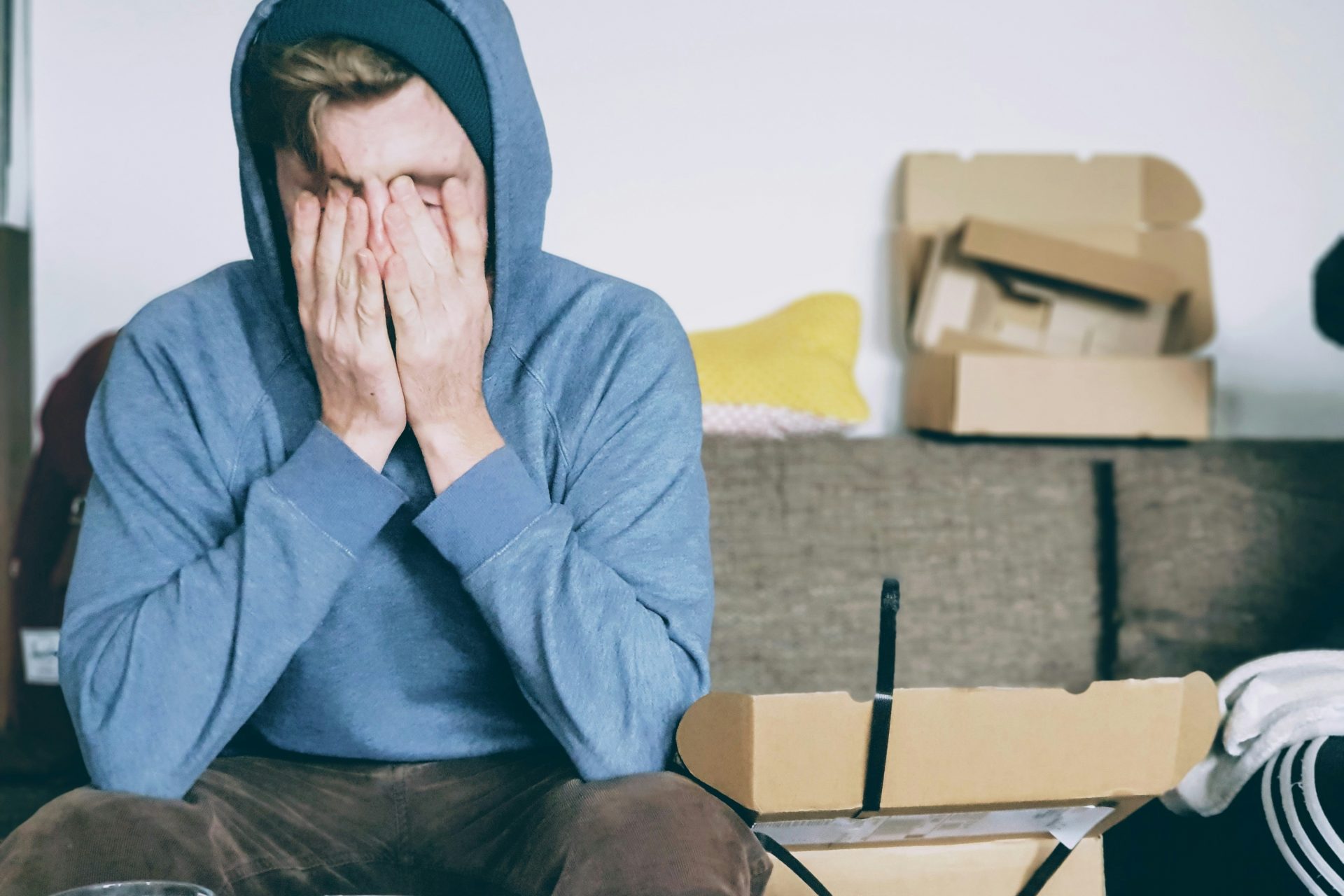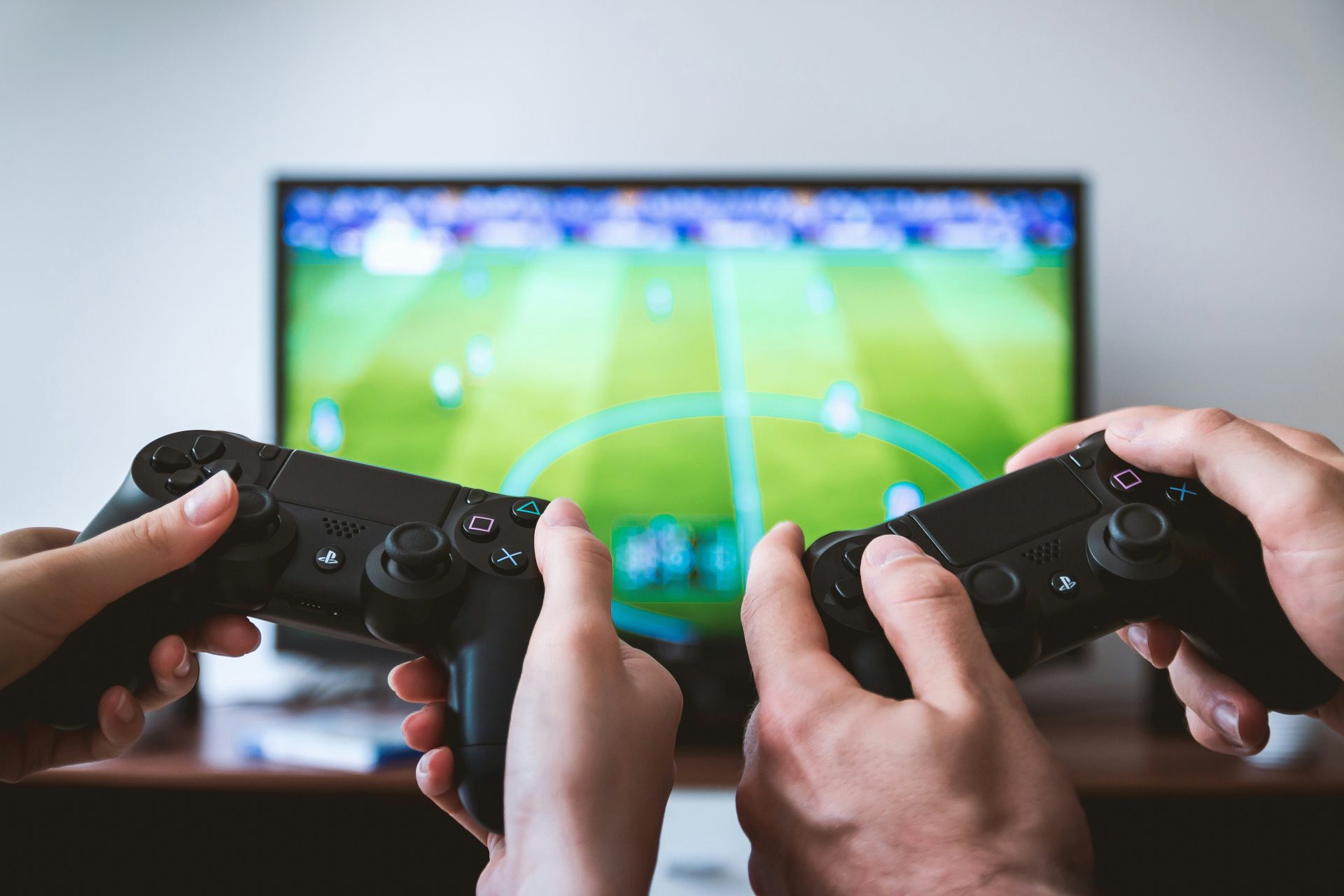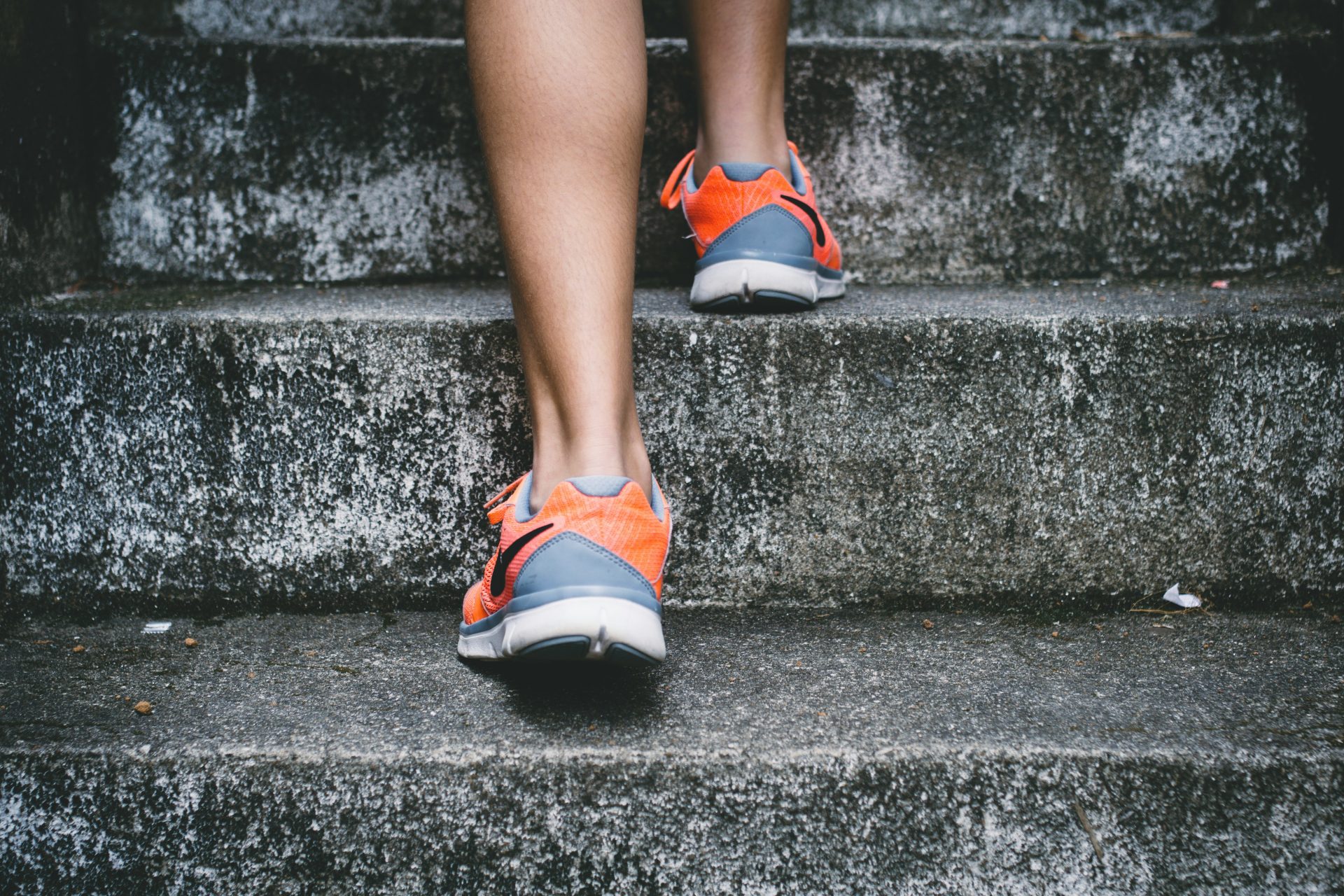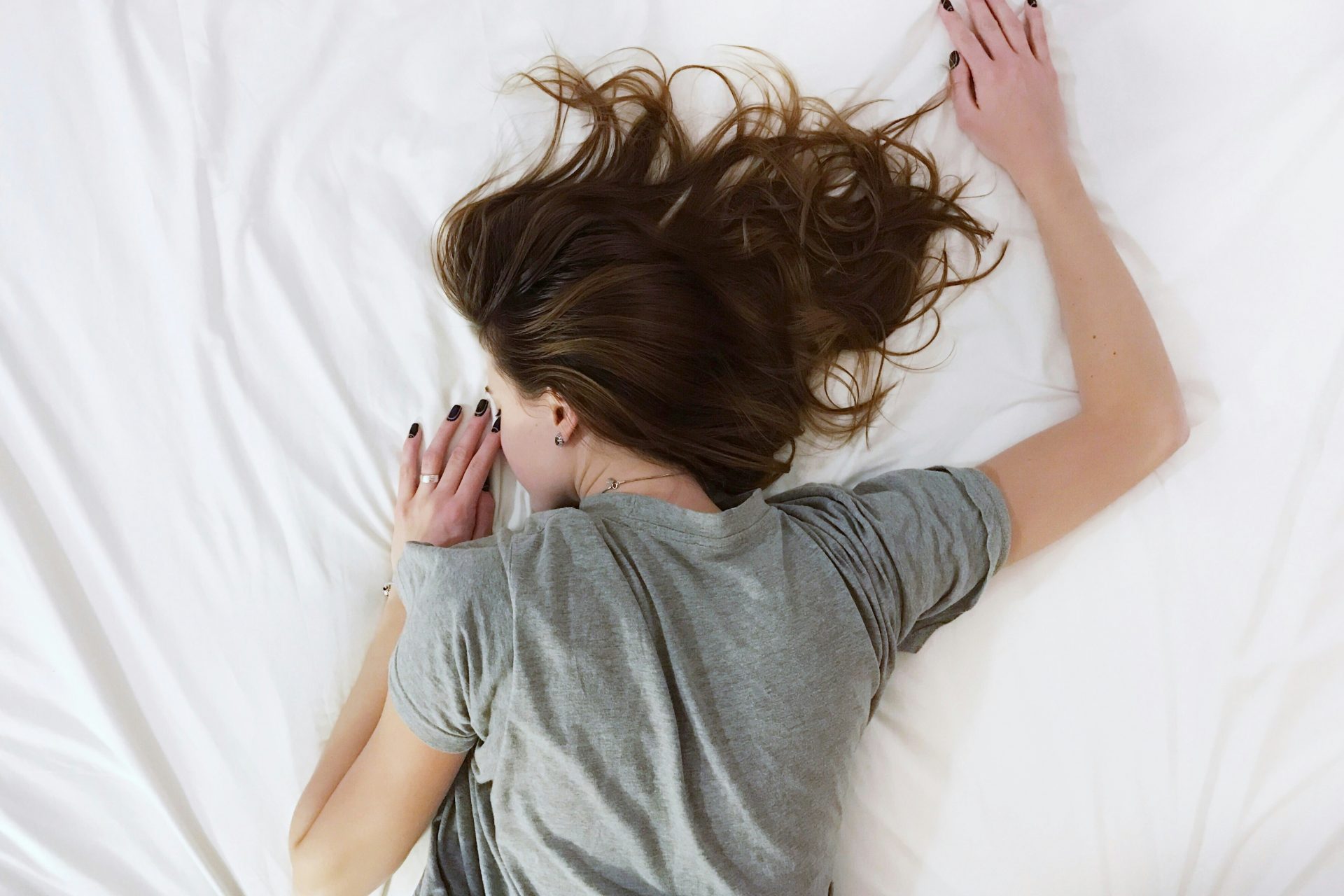Most Americans think they aren't getting enough sleep
Most Americans are not getting enough sleep according to new polling data from Gallup that found over a majority of people surveyed believed they would feel better if they got more sleep. Here’s what the pollster learned.
Fifty-seven percent of Americans think they would feel better if they got more sleep and forty-two percent said they weren’t getting enough sleep, something that Gallup’s Sarah Fioroni noted was reversed from the polling group’s 2013 findings on the subject.
Photo by Miikka Luotio on Unsplash
In 2013, fifty-six percent of Americans got the sleep that they needed while forty-three percent said they did not. However, you may be surprised by who is suffering the most lack of sleep in 2024.
Photo by Slumber Sleep Aid on Unsplash
“Women have been consistently less likely than men to report getting enough sleep. The latest poll finds 36% of women versus 48% of men saying they get the sleep they need,” Fioroni wrote, adding that both figures had declined since 2013.
Photo by Kinga Howard on Unsplash
What’s caused the downward trend in sleep isn’t easy to answer. However, Gallup reported that there is a connection between stress and sleep that may explain the problem and the new polling from the market research group provided some proof.
Photo by Tim Gouw on Unsplash
Sixty-three percent of people who reported wanting more sleep to Gallup noted that they frequently experienced stress as opposed to the thirty-one percent of people who reported the same problem but did get the sleep that they needed.
Photo by Nubelson Fernandes on Unsplash
“Over the past 30 years, the number of Americans who are stressed has been on a steady incline after a sharp drop in 2003,” Fioroni wrote. However, there is an easy way to reduce stress that can also improve sleep according to other recent research.
Photo by Sander Sammy on Unsplash
Getting a great night's sleep could be as easy as making sure you get enough exercise in a day according to a new study that showed exercise can be extremely helpful for spurring on a good night's sleep.
Photo by GRAHAM MANSFIELD on Unsplash
High-quality sleep is one of the most difficult things to come by once you’re an adult and everyone knows that without sleep your health suffers. But the usual advice given out is not always helpful for the world’s sleepless.
Crafting the perfect bedtime routine, avoiding a lot of food before bed, and making sure you reduce your alcohol consumption are all pieces of advice you would get to improve sleep, PsyPost noted. But there’s a better way.
Photo by National Cancer Institute on Unsplash
Reducing screen time at night might be a bit helpful for improving sleep. But if you really want to become the master of your night then you need to start exercising. However, it’s not the kind of exercise you’re thinking about.
University of South Australia researcher Lisa Matricciani and her team realized the gap in information about how daytime activities affect our sleep and set out to discover how physical activity might influence sleep at night.
“Despite what we know about sleep, many people still struggle to achieve a good night’s sleep,” Matricciani explained in a press release regarding her work, adding that little has been known about how daytime activity affects sleep.
“When people think about sleep quality, they tend to focus on adjustments immediately before bedtime,” Matricciani said about her work, “but our research looks beyond this to the range of activities we undertake during the day.”
Photo by Ben Griffiths on Unsplash
Matricciani used information from the Australian Child Health CheckPoint and analyzed data from 1,168 children with an average age of 12 as well as 1,360 adults who had an average age of 44 years to draw her conclusions.
Photo by Gabin Vallet on Unsplash
What’s interesting about the data the researchers used was that each participant of the study had been fitted with a GENEActiv activity monitor for eight days, which captured a great deal of information about daily bodily movement.
Photo by Onur Binay on Unsplash
PsyPost explained that the monitors were worn on the non-dominant wrist of the study’s participants and were “capable of capturing a comprehensive array of movements and providing insights into various levels of physical activity.”
Photo by Anupam Mahapatra on Unsplash
Using this data, the researchers were able to conclude that higher levels of moderate to vigorous physical ability were associated with participants getting a better night’s sleep. This was true across both of the age groups studied.
Photo by Jozsef Hocza on Unsplash
“Sleep is often viewed as a separate entity from the 24-hour day. However, our study highlights the integral relationship between sleep and daily activities,” the researchers explained in their work published in the journal Sleep Health.
Photo by bruce mars on Unsplash
Matricciani explained that one’s daytime activities are linked to not only the quality of sleep but also to the efficiency of sleep and the overall amount of sleep that a person will get as well as their tiredness levels during the day.
Photo by Christian Erfurt on Unsplash
“Sometimes, the activities we choose might directly displace sleep - think of kids playing video games late into the night - but other times, it’s how we spend our daytime hours,” Matricciani said. The best activity to affect sleep was physical activity.
Photo by JESHOOTS.COM on Unsplash
“We found that if children and adults increased moderate to vigorous physical activity, they would feel less tired, have less troubled sleep, and better-quality sleep,” Matricciani said. Interestingly, simply making more time for sleep predicted more restless sleep.
Photo by Bruno Nascimento on Unsplash
So, if you want to get more and better sleep, the best thing you can do is increase the amount of moderate and vigorous physical activity you get daily, something Matricciani said was a “relatively achievable goal for most of us.”
Photo by Vladislav Muslakov on Unsplash
More for you
Top Stories




